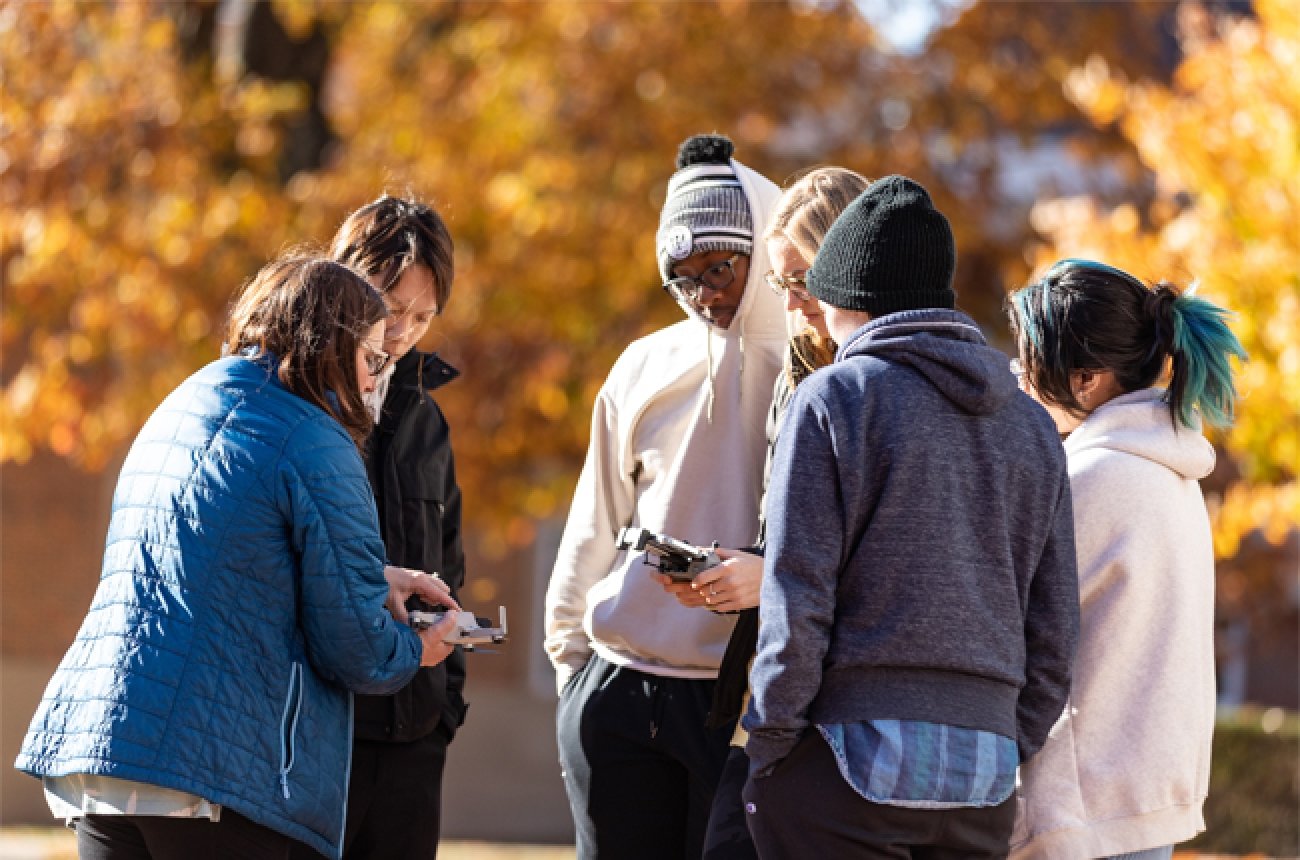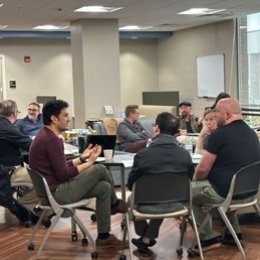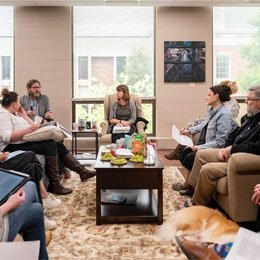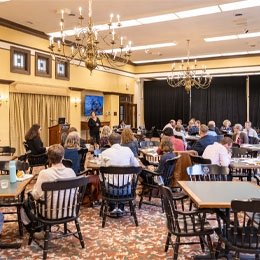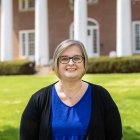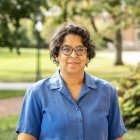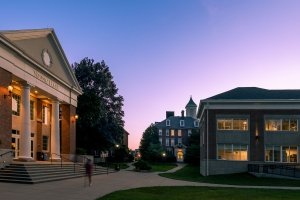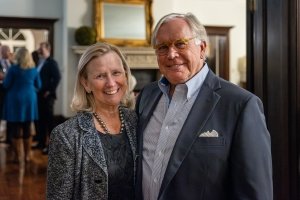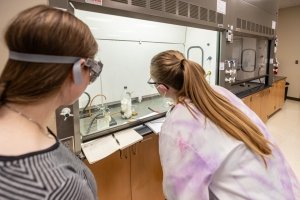Center for Teaching and Learning
The Center for Teaching and Learning (CTL) is tasked with providing support to faculty in the development of all aspects of teaching at Centre College. The CTL specifically focuses on supporting faculty in their work as teachers and the campus’ educational mission to advance student learning through innovative and evidence-based teaching.
How We Fulfill Our Mission
- Promote faculty growth and renewal during all stages of one’s career.
- Support the adoption and sharing of innovative and effective pedagogical studies and practices.
- Encourage research and scholarly conversation related to teaching and learning practices.
- Provide instructional technology support and mentorship to faculty, staff, and students in one-on-one and group settings.
- Collaborate with people and programs on Centre’s campus and beyond to support the advancement of teaching and learning initiatives and research.
Part of CTL’s mission is to support faculty growth and renewal at all career stages. We offer a number of faculty development funding opportunities to support course development, pedagogical experimentation and innovation, and the scholarship of teaching and learning. We also love to highlight the achievements and expertise of our outstanding faculty, and to inspire faculty to share their successes with us.

